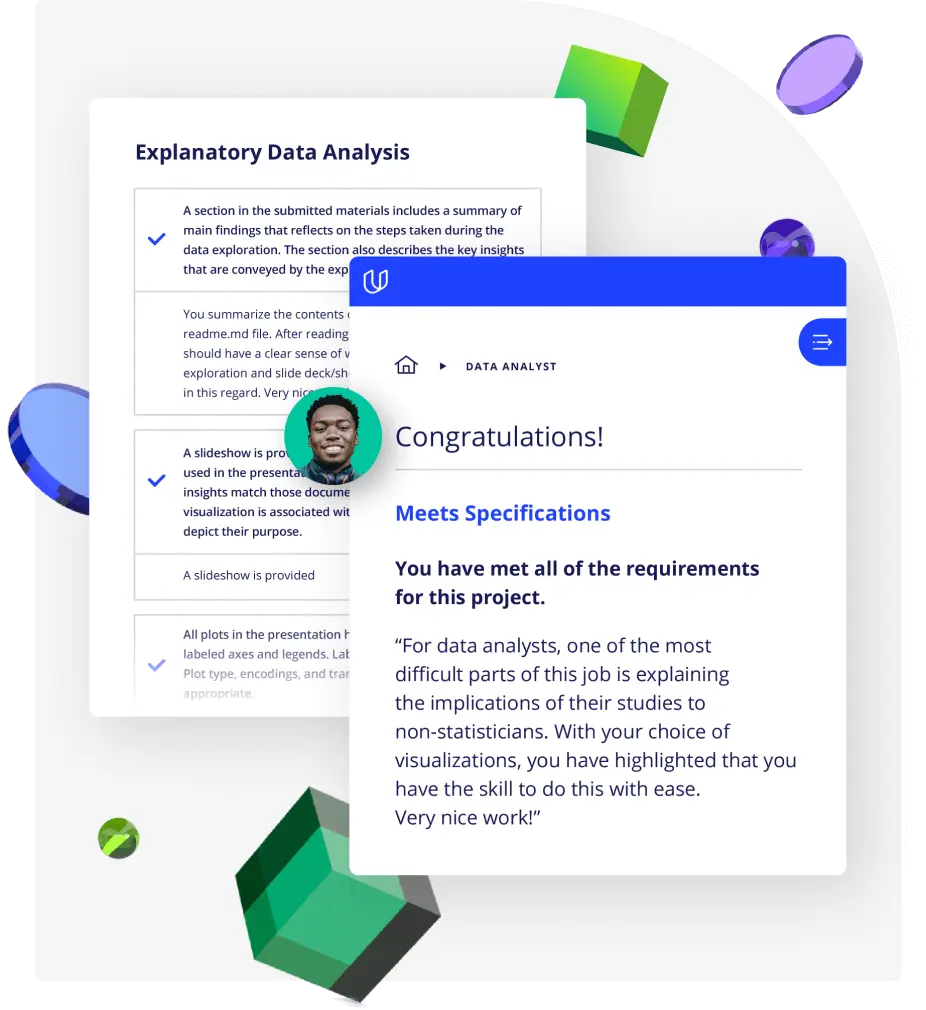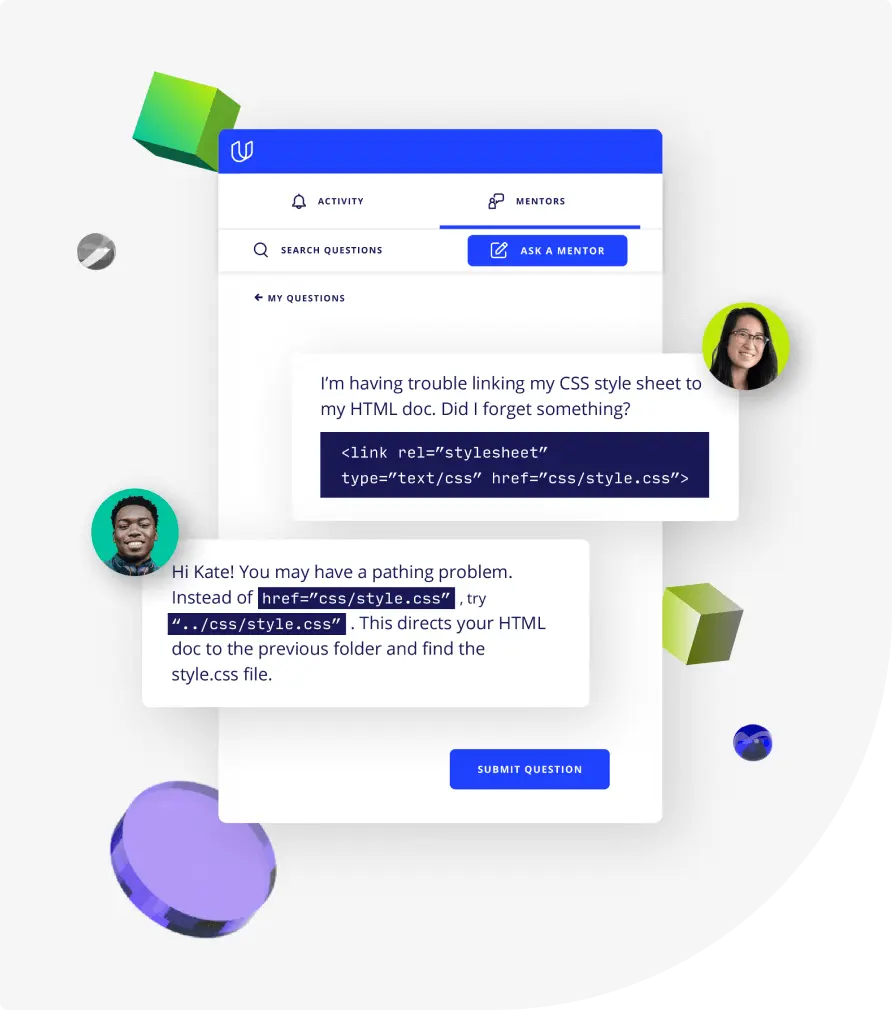Liana Gross Furini
Performance Marketing Manager
Liana is a Digital Marketing Specialist, with 10+ years of experience. She is well versed in all types of paid media, and more recently have been focusing her career on paid social and paid search. Liana holds a Bachelor's Degree in Advertising and a Master's Degree in Social Communications.
Jen Crompton
Digital Marketer and PR Professional
Jen is a digital marketer, writer, and PR professional that has worked with companies of every size across most industries. She formerly served as an adjunct at Philadelphia University and a mentor for Count Me In for Women's Economic Independence. Jen earned her degrees from Ursinus College and Rowan University.
John Triggs
Product Leader
John is a product leader who helps businesses connect with customers through digital marketing technology. He has led teams at Amazon, Capital One, comScore and has helped clients achieve marketing goals through digital automation, personalization and insights. He has a Duke MBA and a UVA Systems Engineering degree.
Matt Bailey
Founder & Lead Trainer, SiteLogic
Matt is Founder and Lead Trainer at SiteLogic, and teaches Digital Marketing to the world's biggest brands and most recognized universities. With over 25 years in digital marketing and a Master of Education in Instructional Design, he is known for his dynamic training style and ability to simplify complexity.
Erica Reid
Digital Marketing Manager
Erica is a Digital Marketing Consultant with a specialization in social media marketing. She formerly worked as Digital Marketing manager for Sysco Foods, Phillips 66, and Shell Oil Company, where she led content development and brand strategy for various platforms. Erica has a MA in Digital Communication from NYU.
Benjamin is a CEO of Global Social Media Marketing, Udacity Instructor, Google For Education Certified Trainer, and Digital Workshop Center Google Ads & Google Analytics Instructor. Benjamin holds a B.B.A Marketing, International Business from the University of Georgia and 50 digital marketing certifications.
Dawn Raquel Jensen
VP of Customer Experience
Dawn has successfully utilized social media, marketing, training, and strategy skills throughout her career. She received her EMBA from the Quantic School of Business & Technology. Dawn resides as VP of Customer Experience & an Adjunct Professor in Social Media for Seminole State College.
Dan is a digital media entrepreneur, visual storyteller, and Stanford MBA. He has worked in different roles in media, tech, and marketing in Europe and the US.
Anke led the development of Digital Marketing programs at Udacity. She previously ran Market Research at Yahoo!, co-founded two companies, and is on the marketing faculty at UCLA Anderson.













